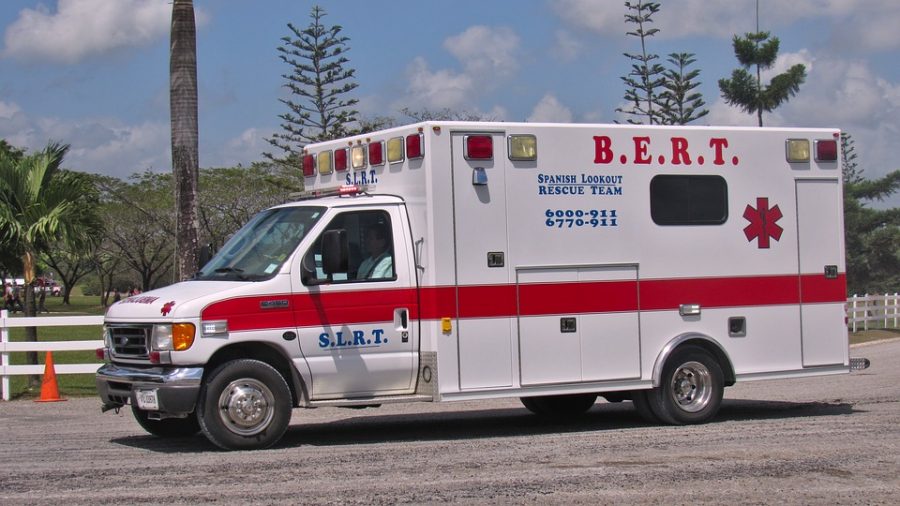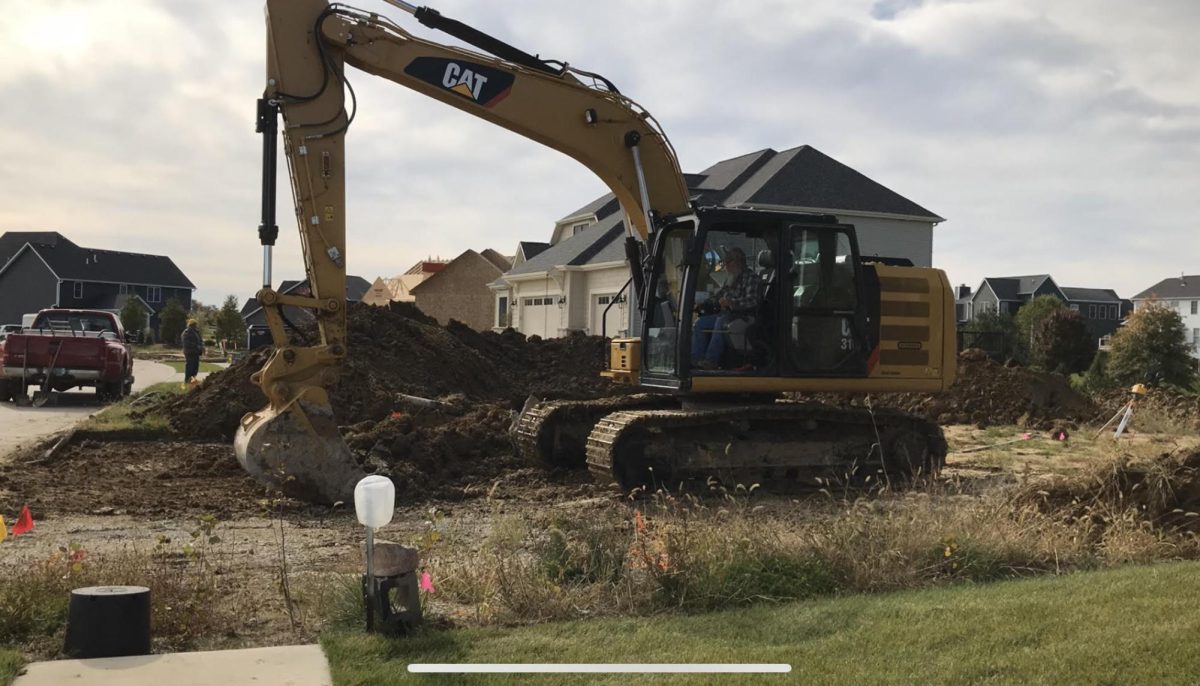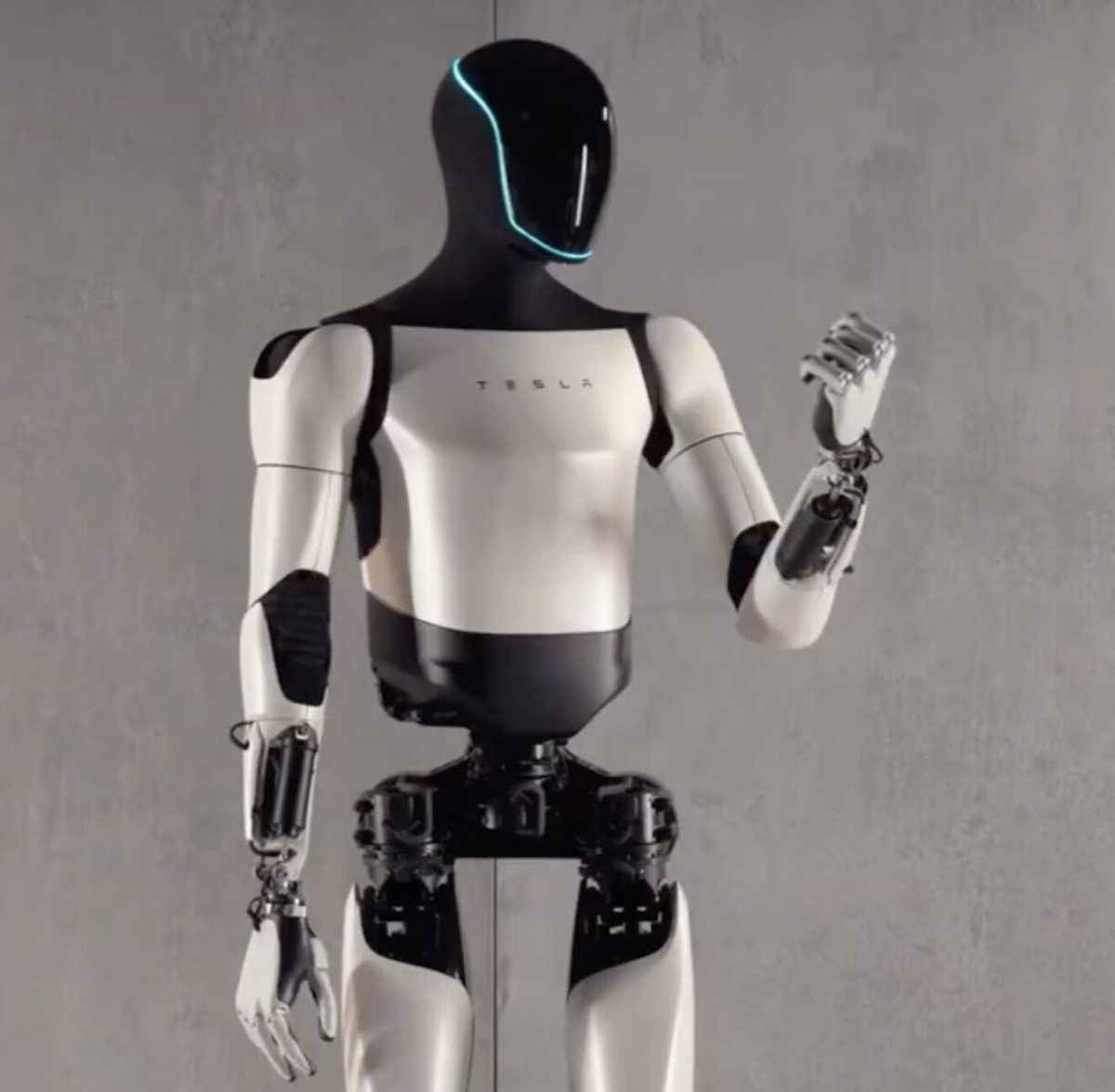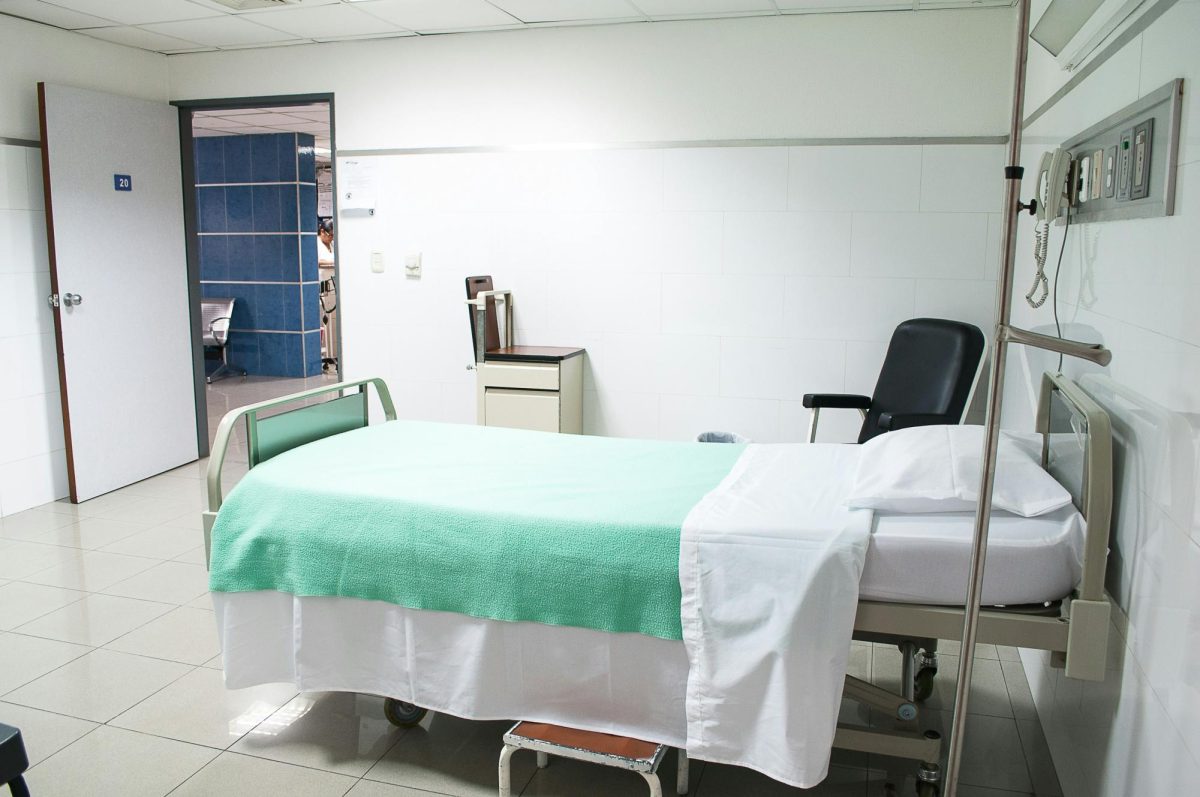One of Uber’s self-driving cars struck and fatally wounded a woman in Tempe, Arizona on Sunday night, the first pedestrian death associated with a self-driving car to date.
The car was manned by a driver who was not actively engaged in controlling the vehicle, and the driver failed to react in time. The car had been traveling at 40 miles per hour and showed no sign of slowing down upon impact.
Uber spokeswoman Sarah Abboud issued a statement following the incident. “Our hearts go out to the victim’s family,” she said. “We are fully cooperating with local authorities in their investigation of this incident.”
Uber also suspended all self-driving tests in Arizona as well as in several other states.
Arizona had been a state with minimal self-driving regulations, an attempt to draw companies interested in the industry to the state as stated by their governor Doug Ducey. “We needed our message to Uber, Lyft and other entrepreneurs in Silicon Valley to be that Arizona was open to new ideas.”
However, following the incident, Arizona governor suspended Uber’s tests indefinitely. Following such a tragedy such a response makes some sense, but is the incorrect one?
The mere fact that this incident was the first pedestrian fatality speaks to the safety of self driving cars. Over 5,000 pedestrians were killed in crashes from human driven cars in 2017, while this incident was the first amongst self-driving cars. Of course, self-driving cars are far away the minority on the road, but with only one fatality they most certainly are not a huge risk to street crossers.
The woman’s death was undeniably tragic, but so too were the deaths of the 5,000 plus killed by humans driving cars.
Self-driving cars are the future. Their potential to nearly eliminate accidents and reduce traffic and waste will benefit America greatly. The sooner these cars are fully ready to be driven en masse, the sooner streets will become safer.
While some safety restrictions may be put in place, banning the tests altogether is not the correct decision. Self driving cars promise to be one of the next groundbreaking inventions, and states should allow such companies to continue their testing.
Driving in total claimed 40,000 lives in 2017. “ cars offer the chance to drastically reduce that number, and callous as it may be, one death should not greatly impede the possibility of saving thousands in the future.








